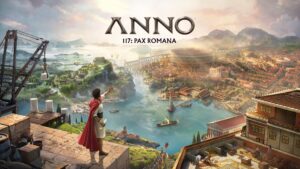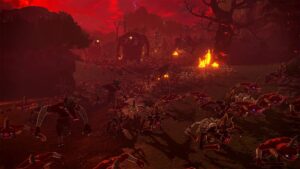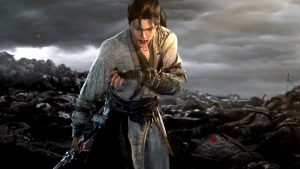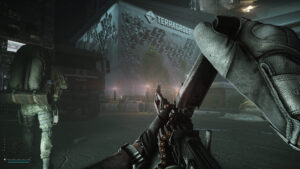
In their decades in the games industry, Capcom have pioneered or heavily impacted and influenced multiple, several mainstay genres of the medium. However, arguably the one genre that they influenced the most — in fact it wouldn’t be a stretch to say that they invented, and continue to trailblaze, said genre — would be fighting games. With Street Fighter II, Capcom for all purposes invented the fighting game genre as we know it today. Over the years that would follow, they perfected their craft, putting pout so many mind glowingly incredibly fighters that for a while, if you were hanging out at arcades to play a fighting game, you were almost guaranteed to be playing something Capcom had had their hands on.
That legacy, and the rich heritage, that ties Capcom to fighting games, often get forgotten in the modern context. Today, Capcom is known and celebrated more for Resident Evil and Monster Hunter, and even though Street Fighter remains one of the most important and respected franchises in the industry, the era of Capcom putting out very literally dozens of fighting games, all in varying flavours and aesthetics, to essentially monopolize the genre through sheer brute force in quality and quantity, is long behind us now. Modern players who are weaned on the diet of Capcom games of the last few decades may not even realize how much of their former output was genre defining and leading fighting games — especially since so many of those games are, for all purposes, lost to time and inaccessible today.
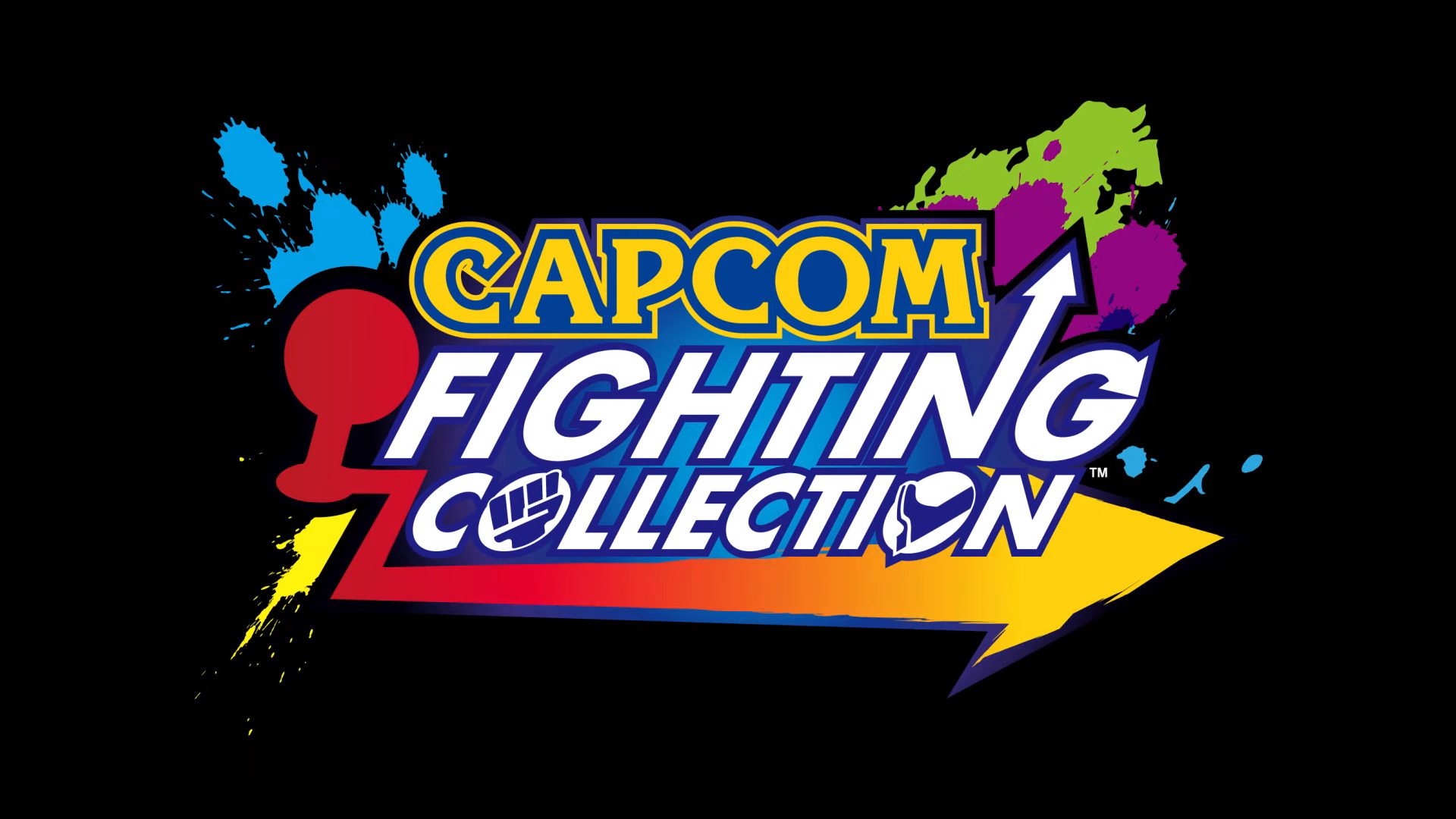
"Ostensibly released to commemorate the 35th anniversary of the Street Fighter IP, this collection is more of an excuse to make some of the less known fighting games in Capcom’s catalog more broadly available — including several that were never previously released outside of Japan."
Or, well, that was the case until recently. To Capcom’s credit, they’ve been working on making their old catalog of fighting games available on modern systems, which brings us to the Capcom Fighting Collection. Ostensibly released to commemorate the 35th anniversary of the Street Fighter IP, this collection is more of an excuse to make some of the less known fighting games in Capcom’s catalog more broadly available — including several that were never previously released outside of Japan. It includes Darkstalkers: The Night Warriors, Night Warriors: Darkstalkers’ Revenge, Vampire Savior: The Lord of Vampire, Vampire Hunter 2: Darkstalkers’ Revenge, Vampire Savior 2: The Lord of Vampire, Pocket Fighter: Super Puzzle Fighter II Turbo, Super Gem Fighter Mini Mix, Cyberbots: Full Metal Madness, Red Earth, and Hyper Street Fighter II: The Anniversary Edition. Yes, as you’ve probably picked up on, only two of the ten games included are Street Fighter games. In fact, most of them are Darkstalkers games. This is totally fine, by the way — those games are excellent and far too underrated, and it’s been way too long since we had them available on current systems.
The Capcom Fighting Collection is a celebration of the ten games it includes, and of Capcom’s fighting game history as a whole, and it really shows. It’s full of options and touches that are sure to please any fan of any of these games, or IP, or of the genre in general. From the ability to play the English or Japanese builds of all games (except the previously Japan-only releases, where you obviously don’t get non-Japanese options), to options for various kinds of filters (to replicate that lovely CRT look that you might remember from the arcade), from oodles of concept art and a music player, from in-collection achievements, save states, a whole lot of different kinds of background splash screens to frame your game if you choose to play it the right way (I.e., not stretched out to full width), fans and enthusiasts will find a lot to tickle their fancy here.
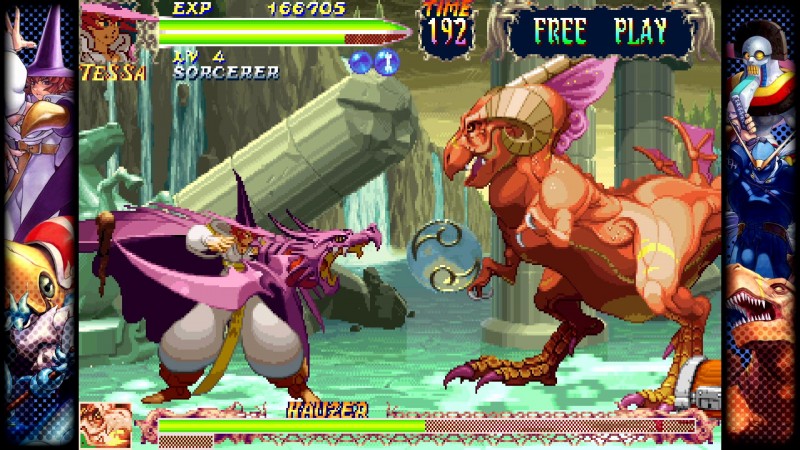
"I’m sure you’re picking up on a pattern here, though — this collection is endearing itself to those who are already on board. In other words, it is a celebration for fans. There is absolutely nothing wrong with that, mind you, especially given how long fans of so many of these underrated Capcom fighting games have been waiting for their turn to get, well, anything. But it does mean that if you are a newcomer to these games specifically, or even just a fan of Capcom’s modern fighting games, this collection may not appeal to you quite as much."
Functionally, too, this collection is a great translation of these classics. There are no emulation issues, no latency or lag, everything runs incredibly well and plays perfectly. There are concessions made to modernity as well, from the ability to remap controls, to training modes, to, yes, the addition of online play (which works really well, with no obvious hitches — you’d almost swear you were playing locally, at least if you’re playing casually).
I’m sure you’re picking up on a pattern here, though — this collection is endearing itself to those who are already on board. In other words, it is a celebration for fans. There is absolutely nothing wrong with that, mind you, especially given how long fans of so many of these underrated Capcom fighting games have been waiting for their turn to get, well, anything. But it does mean that if you are a newcomer to these games specifically, or even just a fan of Capcom’s modern fighting games, this collection may not appeal to you quite as much. The games here are pretty much as is — other than the additions of Qo like save states and recappable controls, there’s no other changes. You’re not going to get a modern onboarding story mode, for example, or even English translations of previous Japan-only games.
Newcomers might end up running into another problem — as I alluded to earlier, most of these games are Darkstalker games. If you don’t like Darkstalkers, you are suddenly left with far fewer options (since very literally half the games are suddenly out of the picture). Again, I have zero issues with all these Darkstalkers games being made available to modern auricles and on modern systems — but I can’t help but wish Capcom hadn’t stopped with just these ten games. Again, Capcom has such a rich history in this genre — surely there were other games they could also have bundled in, in addition to the ten we got.
But ultimately, that’s all splitting hairs a little. What we got here is pretty good — very accurate and faithful translations of these classic arcade experiences, with loads of extra swag for fans, and some concessions made to modernity. Those who already loved these games, or at least love Capcom’s fighting game heritage, are going to find enough here for this to be a worthwhile purchase. If you aren’t in those categories of being either a fan of these specific games, or Capcom’s history with the genre, or even just curious about the evolution of arcade fighters though, I can’t see there being much here that particularly endears itself to you. Capcom Fighting Collection is a fine way to commemorate an important anniversary, and to make some classics previously lost to time available to modern audiences — but ultimately, it is very much preaching to the choir. Not that there is anything wrong with that.
This game was reviewed on PS4.
A collection of some great classics, including many that had never come out in the west before; loads of great extras; some nice concessions to modern QoL, such as online play and save states.
No English translations for the Japan-only games; far too much of the collection is Darkstalkers games; nothing here to endear to you if you weren't already a fan.













